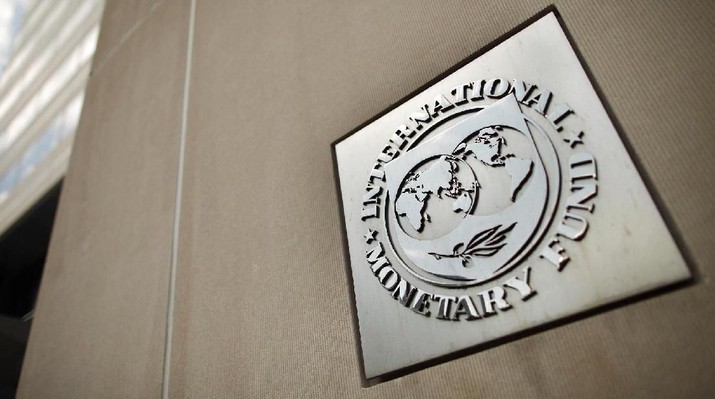The International Monetary Fund (IMF) has raised its economic forecast for Asia in line with China’s economic recovery which is supporting the region. However, there are still warnings about the risks from persistent inflation and global market volatility driven by a sluggish Western banking sector.
The IMF said the reopening of China’s economy would be crucial for the region with increased consumption and demand for services rather than investment.
“Asia and the Pacific will become the world’s most dynamic region in 2023, driven primarily by strong prospects for China and India,” said the IMF in its regional economic outlook report.
“As across the world, domestic demand is expected to remain the biggest driver of growth in Asia in 2023.”
Asia’s economy is forecast to grow 4.6% this year after a 3.8% rise in 2022, accounting for about 70% of global growth, with the IMF raising its forecast by 0.3 percentage points from October.
China and India will be the main drivers with expansions of 5.2% and 5.9% respectively, although growth in the rest of Asia is also expected to bottom this year.
However, the IMF cut its Asia growth forecast next year by 0.2 percentage point to 4.4%, and warned of risks to the outlook such as higher-than-expected inflation, slowing global demand and the impact of US and European banking sector stress.
“While the spillover to the region from stress in the US and European financial sectors has so far been relatively contained, Asia remains vulnerable to a sudden and irregular tightening of financial conditions and asset repricing ,” the IMF said.
While Asia has strong capital and liquidity buffers to fend off market shocks, the region’s highly leveraged corporate and household sectors are significantly more vulnerable to sharp increases in borrowing costs.
The IMF also urged central banks in Asia – excluding Japan and China – to maintain tight monetary policy to lower inflation, which could remain high due to strong domestic demand.
“The costs of failing to bring inflation below target are likely to outweigh the benefits of keeping monetary conditions loose,” the IMF said.
“Insufficient tightening in the short term will require more disproportionate monetary tightening later to avoid high inflation becoming entrenched, making a larger contraction likely.”
Source : CNBC















